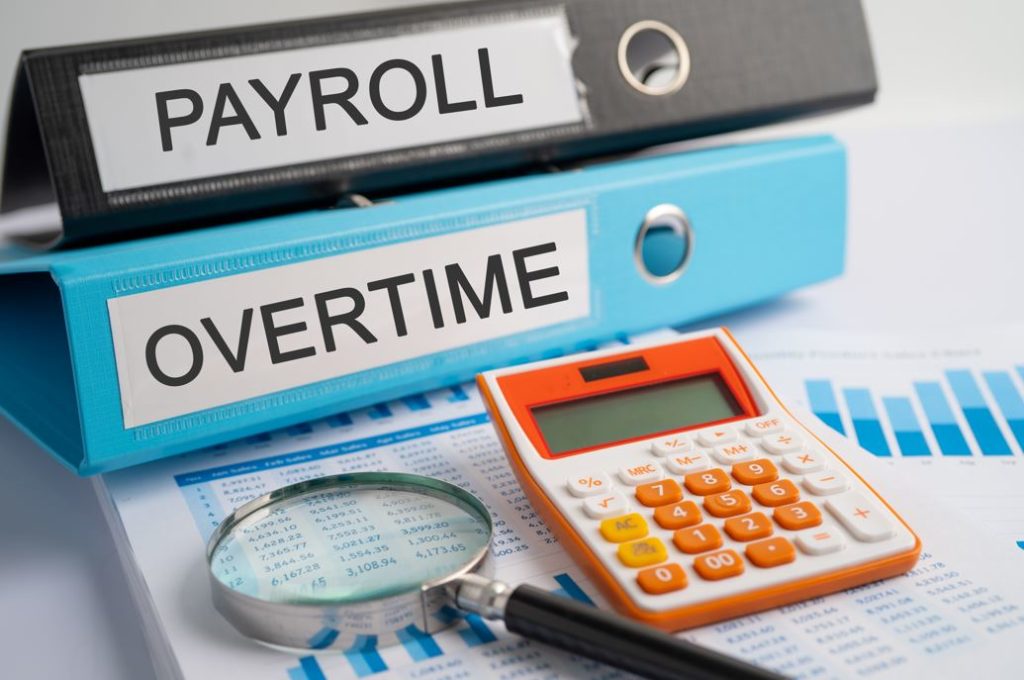
Even small businesses make mistakes and run into payroll tax issues from time to time.
When a company fails to pay or file payroll taxes, the IRS takes the situation very seriously. Businesses face far more severe consequences than individuals, with increased chances of levies and seizures. First and foremost, you must comprehend the nature of the problem and what you can do to address it. Here are some examples of payroll tax problems:
- Didn’t file Form 941 for various quarters
- Didn’t file Form 940 for various years
- Did file all required payroll tax returns but didn’t have the money to pay the tax
- The IRS has labeled you the “RESPONSIBLE PARTY” of the employer and now you are responsible for paying the payroll tax
Many small-business owners will run into a payroll tax issue. The Internal Revenue Service (IRS) takes all federal tax issues seriously, but when it comes to payroll taxes, they can be even more demanding and aggressive.
What Causes Payroll Tax Problems?
If you own a business with employees, you’re familiar with the challenges surrounding payroll tax calculation and payment. With all of the federal and state payroll tax computations, it can be difficult to figure out how much to pay, how often to pay, and what to do if you can’t pay. Some reasons for payroll tax problems include:
- Not enough money was set aside to pay the taxes
- The tax money was used to pay other expenses
- Poor bookkeeping caused the underpayment of the taxes
- Someone took the money and didn’t pay the IRS
- Intentional avoidance of the payroll tax
Many businesses either do not calculate the correct amount of payroll taxes or do not finish their payroll taxes on time. This results in penalties, interest charges, and, eventually, an insurmountable corporate tax debt problem.
A business owner might miscalculate or skip payroll tax payments and the state or IRS may not detect the mistake for months or even years. Penalties and interest collect over time, and debt grows to the point when paying the taxes, penalties, and interest in full becomes oppressively burdensome.
Payroll taxes are distinct from all other types of IRS issues.
It can take the IRS a long time (even years) to “catch up” with some tax issues, such as not paying or submitting personal income taxes. Even when they do know there is an issue, they may not react as swiftly as they should. With payroll taxes, however, this is not the case. The IRS will be all over it if payroll taxes aren’t paid. They’ll come down hard on the company and any culpable parties quickly, and they’ll often be exceptionally unpleasant about it.
The IRS would rather close your business and liquidate your assets than allow you to avoid paying additional payroll taxes. You need to act as soon as possible because it’s not the same as owing a credit card company or a bank. They have extraordinary rights provided by the US government to literally reach into your bank account and remove your money and assets – including money due to you by others – in order to pay a tax debt. They can even throw you in jail if you engage in tax evasion or fraud.
IRS Attitude Unpaid Payroll taxes
- They don’t care what happens to you or your business, they want the money
- They will close your business and sell your assets to get paid
- The IRS view is there is NO REASON that should keep you from paying your payroll taxes
- You used money that belonged to your employees, you stole it.
- The law prevents you from filing bankruptcy against payroll taxes.
Deal with the payroll tax problem as soon as you identify it and do not ignore it. Develop a plan for the current problem and how to avoid it in the future. Hire a tax professional who can advise you every step of the way. Hire someone to represent you before the IRS and act as your agent to resolve the problem.

